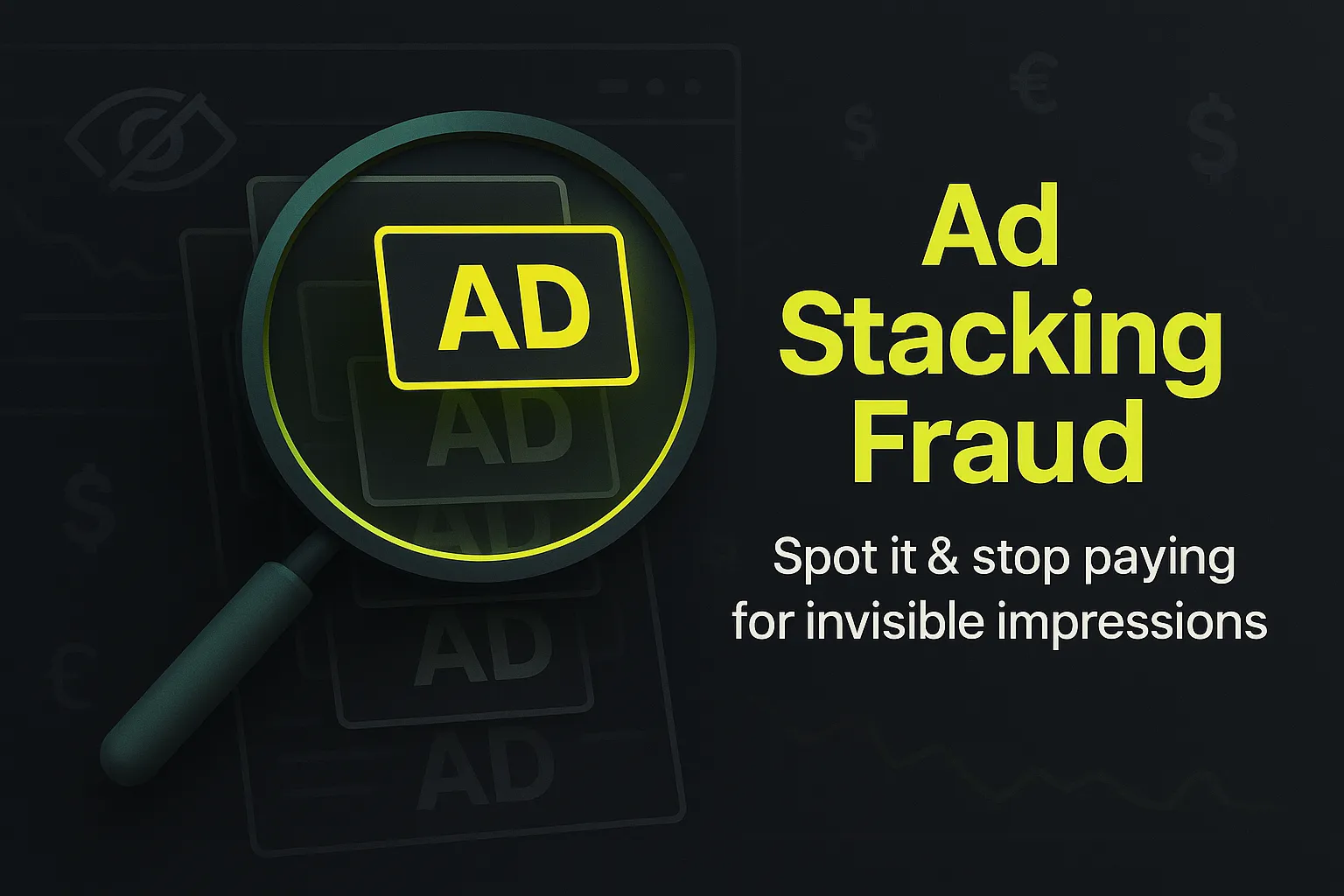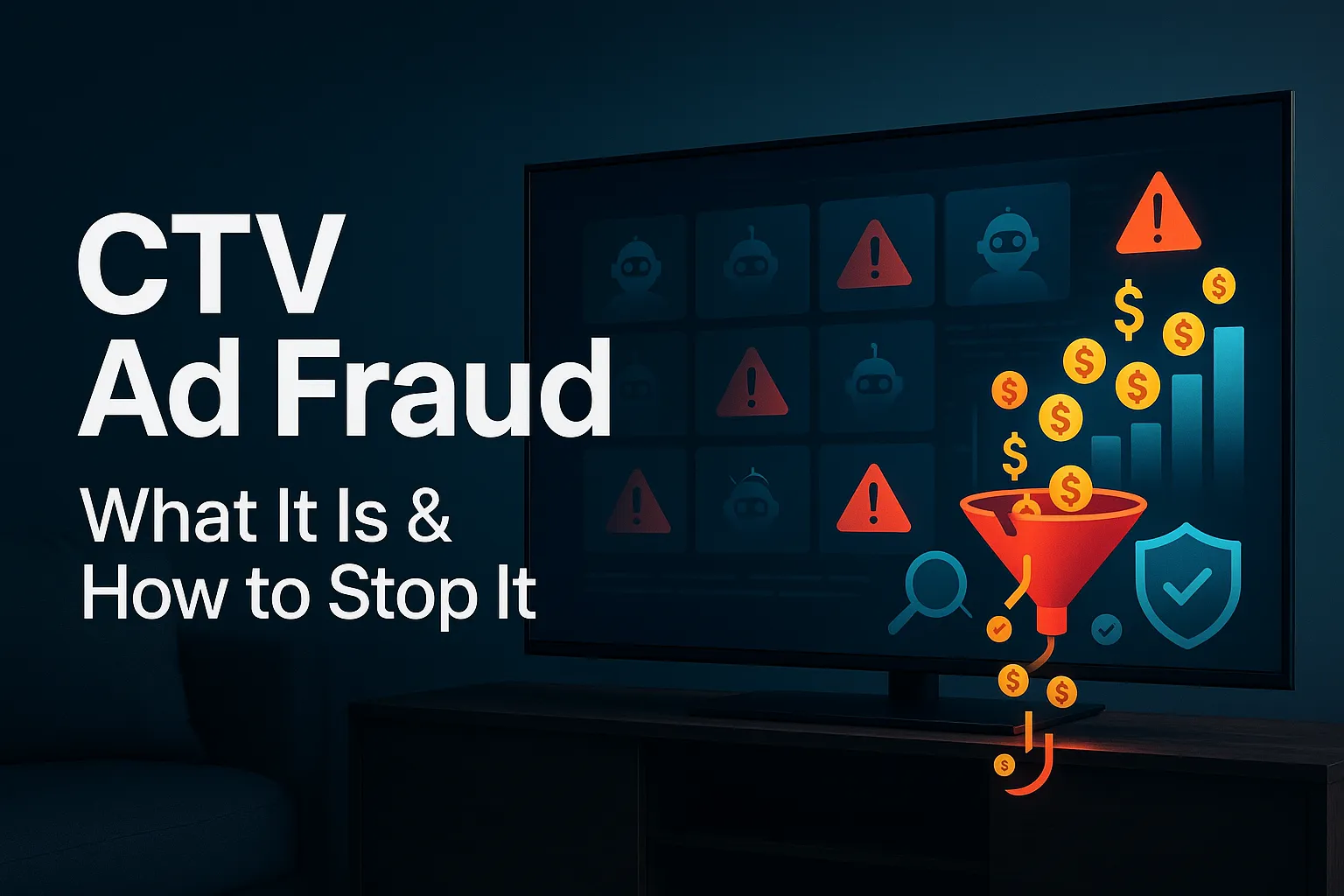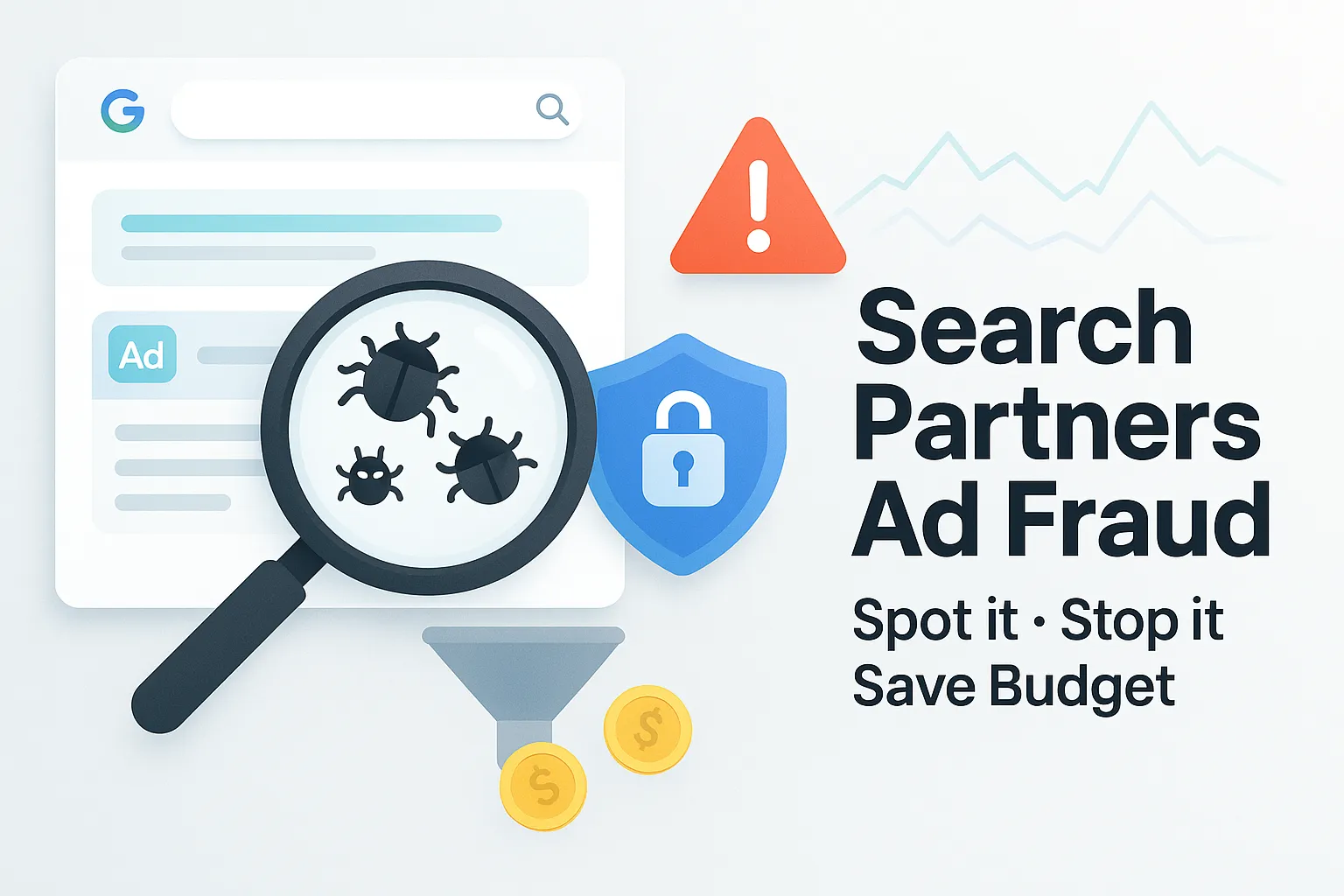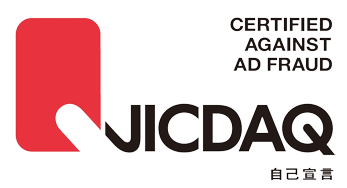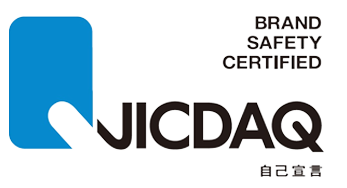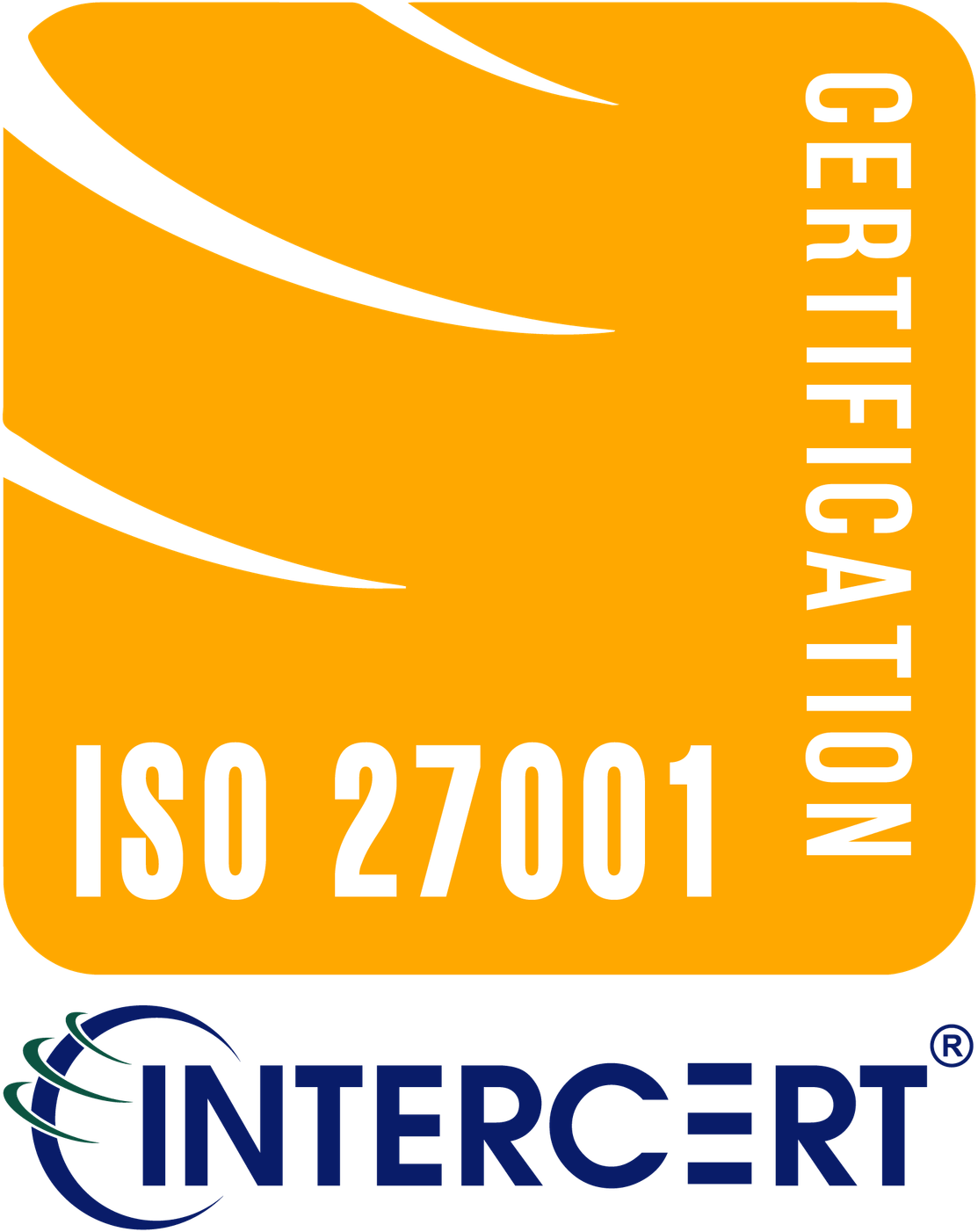SEO vs PPC: An Analysis of Two Powerful Acquisition Models

Are you wondering whether to focus your marketing efforts on search engine optimization (SEO) or pay-per-click (PPC) advertising? With the digital landscape constantly evolving, it can be challenging to decide which strategy will drive the best results for your business. In this blog post, we’ll dive into the world of SEO vs PPC, comparing their strengths and weaknesses, and providing insights to help you make the right decision for your unique needs.
Key takeaways:
- Understanding the differences between SEO and PPC can help you decide which digital marketing strategy is best for your business.
- Cost, speed of results, targeting options, pros & cons all need to be considered when choosing a tactic.
- Combining both tactics through retargeting strategies & data optimization can maximize impact and drive better results.
Understanding SEO and PPC
Search engine optimization and pay-per-click campaigns are the two most popular digital marketing tactics, each with their own unique approach to web marketing. SEO focuses on improving your website’s organic search rankings, while PPC involves bidding on keywords to display your ads at the top of search engine results pages (SERPs).
You may wonder how these two strategies compare and which one is the best fit for your business. Examining SEO and PPC in detail will shed light on this.
What is SEO?

Search engine optimization is all about taking strategic steps to help a website or content rank higher on search engines like Google, which in turn brings in organic traffic. By optimizing website pages such as:
- title tags
- image tags
- meta descriptions
- internal links
As well as earning backlinks from reputable sources, your site becomes more visible and attractive to other search engines too. With over 200 ranking factors influencing Google’s algorithm, SEO requires consistent effort and a keen understanding of the ever-changing landscape of search engine optimization.
SEO’s relevance is undeniable. With Google and YouTube facilitating over 90% of all internet searches, it’s paramount that your website emerges when your target audience searches for keywords related to your offering. A well-executed SEO strategy can help your site rank higher in the organic Google search results, increasing visibility and driving more free traffic to your website.
What is PPC?

On the other hand, PPC is an ad model where advertisers pay a fee each time their ads are clicked. This type of marketing, known as paid search ads, allows your website to appear at the top of the SERP almost instantly, providing immediate visibility and potential customer conversions. PPC ads can be targeted based on users’ interests, location, gender, age, profession, and more, allowing for a highly tailored advertising approach.
The ranking of a PPC ad is determined by factors such as the amount you bid on keywords, the quality and relevancy of your keywords and ads, and the landing page you’re sending visitors to. Platforms like Google Ads make it easy to set up and manage PPC campaigns, providing valuable data and insights to help you refine your advertising efforts. While PPC can deliver quick results, it does require ongoing investment as you pay for each ad click.
Key Differences Between SEO and PPC

The main differences between SEO and PPC are:
- Cost: SEO is typically more cost-effective in the long run, while PPC can be more expensive.
- Speed of results: PPC can provide instant visibility and traffic, while SEO takes time to see results.
- Targeting options: SEO focuses on improving organic search rankings, while PPC allows for more precise audience targeting through its various options.
Grasping the fundamental differences between these two strategies can guide you to decide the most suitable approach for your business. Let’s analyze the cost implications, result timelines, and targeting capabilities that differentiate SEO from PPC.
Cost Factors
SEO is cost-effective in the long run, as it brings in organic traffic over time without the need for ongoing payments for ad placement. However, it does require an initial investment in terms of time and resources for optimization and content creation.
PPC, on the other hand, can be expensive due to the ongoing costs per click. The average cost per click in PPC advertising is around $2.59, and while you only pay when your ad is clicked, the costs can quickly add up for competitive keywords and industries.
The budget plays a significant role in the SEO versus PPC decision. Both strategies necessitate some investment, and it’s vital to reconcile this with your business objectives, budget constraints, and anticipated results when selecting your marketing strategy.
SEO is generally more budget-friendly, while PPC can provide instant results and targeted traffic at a higher cost.
Speed of Results
When it comes to the speed of results, PPC has the upper hand. With PPC campaigns, you can get your social media ads up and running quickly, providing immediate visibility and feedback. This can be particularly beneficial for businesses in competitive industries or those looking to:
- Launch a new product or service
- Increase brand awareness
- Drive traffic to a specific landing page
- Generate leads or sales
SEO, on the other hand, is a long-term strategy that builds organic growth and visibility gradually. It can take anywhere from 6 to 8 months to start seeing significant improvements in your search rankings.
Despite PPC’s ability to yield fast results, it’s important to bear in mind that it demands continual investment to sustain visibility and traffic. SEO, although slower to show results, can provide long-term benefits such as improved organic rankings, increased visibility, and more cost-effective, sustainable traffic growth.
Click Rate
Though PPC ads are displayed in an area where they can be easily seen, SEO content has a higher click rate. According to data presented by WordStream Inc. about PPC ads, the average click rate for listing ads among all industries is 3.17% on Google search. The industries with the highest click rate were “dating & meeting” at 6.05%, while the lowest was “technology” at 2.09%. In comparison, data released by SISTRIX Inc in July 2020 presents the click rate by search order as listed below.

Targeting Options
SEO targets organic search users, focusing on optimizing content and website structure to improve search rankings for specific keywords. This allows your site to be more visible to users searching for information or products related to your business.
PPC marketing, in contrast, offers a range of targeting options that allow for more precise audience targeting. By setting parameters for who will see your ads, you can ensure that your ads are displayed to the most relevant and interested users.
Both SEO and PPC have their advantages when it comes to targeting options.
SEO can help you reach a broad audience through organic search rankings, and utilizing Google search can further enhance your visibility online.
PPC allows for more granular targeting based on:
- demographics
- location
- interests
- behavior
Leveraging the strengths of both strategies can help forge a more encompassing and potent marketing approach.
Pros and Cons of SEO and PPC
As with any marketing strategy, there are pros and cons to both SEO and PPC. Understanding the benefits and drawbacks of each approach can help you make an informed decision about which strategy is best suited for your business.
Let’s examine the pros and cons of SEO and PPC more closely.
Advantages of SEO
One of the main advantages of SEO is its cost-effectiveness. Since it focuses on driving organic traffic, there are no ongoing costs per click, making it a more budget-friendly option in the long run. Additionally, SEO can provide long-term results, as improved search rankings and increased visibility can drive sustained traffic growth over time.
SEO also helps to build trust and credibility for your brand. By ranking higher in organic search results, your website appears more authoritative and trustworthy to users. This can lead to increased engagement and conversion rates, as potential customers are more likely to trust a site that appears on the first page of search results.
In essence, SEO’s benefits encompass its cost-effectiveness, potential for long-term results, and its capacity to foster trust and credibility. These benefits make SEO an attractive option for businesses looking to build their online presence and drive sustainable traffic growth.
Disadvantages of SEO
While SEO offers numerous benefits, it also comes with its fair share of drawbacks. One of the main disadvantages of SEO is the slow results. It takes time to optimize your website, create content, and build backlinks, and it can take several months before you start to see significant improvements in your search rankings.
Another challenge with SEO is the competition. With countless businesses vying for the top spots in search results, it can be difficult to stand out and gain visibility for competitive keywords. Additionally, search engine algorithms are constantly changing, making it necessary for businesses to stay updated on best practices and adapt their SEO strategies accordingly.
In a nutshell, the drawbacks of SEO entail slow results, fierce competition, and the need for constant adaptation to algorithm updates. While these challenges can make SEO a more complex and time-consuming strategy, the long-term benefits of improved organic rankings and increased visibility can make it a worthwhile investment for many businesses.
Advantages of PPC
PPC advertising offers several advantages for businesses looking for quick results and targeted traffic. One major benefit of PPC is its ability to provide instant visibility and traffic. By bidding on specific search keywords, and having your ads displayed at the top of search engine results pages, you can gain immediate exposure to potential customers.
Another advantage of PPC is its precise targeting options. By setting parameters for who will see your ads, you can ensure that your ads are displayed to the most relevant and interested users. This can lead to higher engagement and conversion rates, as users who click on your ads are more likely to be interested in your products or services.
Lastly, PPC ads typically appear above organic search results, providing top-of-SERP visibility and giving your brand a competitive edge. In essence, PPC’s benefits include fast results, exact audience targeting, and prime visibility at the top of SERP. These benefits make PPC an attractive option for businesses looking to drive targeted search traffic and achieve immediate results.
Disadvantages of PPC
Despite its advantages, PPC also has its drawbacks. One of the main disadvantages is the high costs associated with running a PPC campaign. With ongoing costs per click, PPC advertising can quickly become expensive, especially for competitive keywords and industries.
PPC advertising has a major downside, and that is the requirement for continual investment. It can be difficult to keep up with the financial commitment of PPC campaigns. In order to maintain visibility and traffic, businesses must continue to invest in their PPC campaigns, bidding on relevant keywords, and optimizing ads. This can be time-consuming and resource-intensive, particularly for small businesses with limited budgets.
Finally, there is the potential for ad fatigue. With so many ads competing for users’ attention, it’s possible for users to become desensitized to PPC ads, leading to lower engagement and conversion rates.
In brief, the disadvantages of PPC involve high costs, the need for continual investment, and the potential for ad fatigue. While PPC can deliver immediate results and targeted traffic, it’s important for businesses to carefully consider these drawbacks when deciding whether to invest in PPC advertising.
Choosing the Right Strategy for Your Business
The selection of an apt digital marketing strategy hinges on various factors like your business objectives, budget, target audience, and schedule. Comprehending the fundamental distinctions between SEO and PPC along with their individual strengths and weaknesses can guide you to a well-informed decision about the approach that will best fit your requirements.
Let’s delve into some considerations to bear in mind when deciding between SEO and PPC, and how to strike a balance between the two strategies for optimal benefits.
Factors to Consider
When deciding between SEO and PPC, it’s important to consider factors such as time constraints, budget limitations, and desired results. SEO is a long-term strategy that can take several months to show significant improvements in search rankings, making it more suitable for businesses with flexible resources and a focus on long-term growth. On the other hand, PPC provides immediate visibility and targeted traffic, making it an attractive option for businesses with inflexible resources or those looking for quick results.
Budget is another important consideration when choosing between SEO and PPC. While SEO is generally more cost-effective in the long run, PPC can provide instant results at a higher cost. It’s essential to carefully evaluate your business goals, budget, and desired results to determine the best marketing strategy for your unique needs.
Lastly, consider your target audience and the level of competition in your industry. If your target keywords are highly competitive, PPC advertising may help you gain visibility faster than SEO. However, if you have a niche market or are targeting specific keywords, SEO may be the better option for driving organic traffic and building brand credibility.
Balancing SEO and PPC
Balancing SEO and PPC can help businesses maximize the benefits of both strategies, providing both short-term and long-term results. By leveraging the strengths of both SEO and PPC, businesses can create a more comprehensive and effective marketing approach.
One way to balance SEO and PPC is by using data from PPC campaigns to optimize and improve SEO strategies. For example, keyword search volumes, competitor bidding, and high-converting calls-to-action can be used to refine your SEO strategies and drive more organic traffic.
Additionally, retargeting strategies can help bring back potential customers who left your site without making a purchase, further maximizing the impact of both SEO and PPC efforts.
Combining SEO and PPC for Maximum Impact

Merging SEO and PPC can enable businesses to maximize their impact and enhance their overall marketing performance. Some strategies that accentuate the power of integrating SEO and PPC include retargeting, data-driven optimization, and a unified keyword strategy.
Let’s explore these strategies in more detail and how they can help boost your marketing efforts.
Retargeting Strategies
Retargeting strategies, also known as remarketing, focus on users who have already visited a website or interacted with a brand. By targeting these users with tailored ads or content, businesses can increase brand recognition, engagement, and conversions. In SEO, retargeting can be achieved through tactics like designing personalized landing pages or using dynamic content. In PPC, retargeting is achieved by setting up campaigns that display ads to users who have already shown interest in a product or service.
By utilizing retargeting strategies, businesses can effectively reach out to potential customers who have already shown some level of interest in their offerings. This can lead to increased engagement and conversion rates, maximizing the impact of both SEO and PPC efforts.
Data-Driven Optimization
Data from PPC campaigns can be used to optimize and improve SEO strategies. By analyzing keyword search volumes, competitor bidding, and high-converting calls-to-action, businesses can refine their SEO strategies and drive more organic traffic. This data-driven optimization allows businesses to make more informed decisions about their SEO efforts, ensuring that they are targeting the most effective keywords and creating content that resonates with their target audience.
By leveraging PPC data to optimize and improve SEO strategies, businesses can achieve a more comprehensive and effective marketing approach, maximizing the benefits of both strategies.
Coordinated Keyword Strategy
Coordinated keyword strategies can help businesses target the most effective keywords for both organic results and paid search results. By conducting thorough keyword research and aligning SEO and PPC strategies, businesses can ensure that they are targeting the right keywords to drive traffic and conversions.
Tools such as:
- Ahrefs
- SEMrush
- Google Keyword Planner
- Rank Tracker
can aid in building a coordinated SEO and PPC keyword strategy. By targeting the right keywords and coordinating efforts across both organic and paid for search engine result pages, businesses can maximize the impact of their marketing efforts and drive better results.
Summary
In conclusion, understanding the differences between SEO and PPC, as well as their respective advantages and disadvantages, can help businesses make informed decisions about their digital marketing strategies. By considering factors such as time constraints, budget limitations, and desired results, businesses can choose the right approach for their unique needs. Combining search engine optimization and PPC ads with other digital marketing strategies can lead to maximum impact and improved overall marketing performance, ensuring that businesses are well-equipped to navigate the ever-changing digital landscape.
Frequently Asked Questions about SEO vs PPC
Which is better SEO or PPC?
SEO can generate exponential traffic and increase the value of your website with cost-effective strategies. PPC, on the other hand, is an acquisition strategy that provides immediate results with a targeted audience within a time-sensitive period. Overall, both SEO and PPC offer great advantages for businesses, but for long-term success, investing in SEO is recommended.
What is the relationship between SEO and PPC?
SEO and PPC are intertwined and mutually beneficial, with SEO impacting how many clicks PPC ads receive. Google has found that strong organic search results increase the click-through rate of PPC ads on the same SERP.
How long does it typically take to see results from SEO efforts?
It typically takes 6-8 months to start seeing results from SEO efforts.
What is the average cost per click in PPC advertising?
On average, PPC advertising costs around $2.59 per click.
What are some tools that can help build a coordinated SEO and PPC keyword strategy?
Ahrefs, SEMrush, Google Keyword Planner, and Rank Tracker are some helpful tools to coordinate your SEO and PPC keyword strategy.











